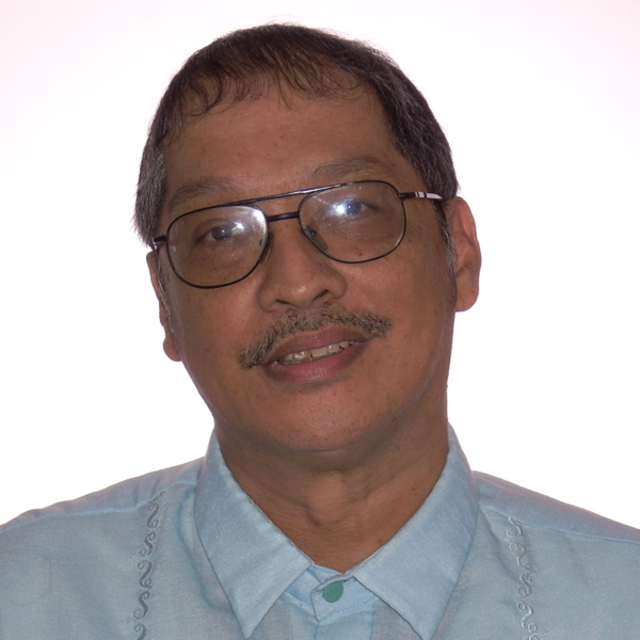

As the extended unilateral ceasefire of the Communist Party of the Philippines (CPP)-New People’s Army (NPA) expired at midnight of April 30 without an extension, we are looking at the madness of a total war amid this pandemic.
More so, with President Duterte’s pronouncement, for the nth but apparently ultimong last time, of “no more talks” with the National Democratic Front of the Philippines (NDFP).
It is too bad that both sides have regressed from the already progressive step that they separately took with their respective unilateral ceasefires last March. The Philippine government deserves credit for being ahead in this on March 16, no matter what the CPP-NPA-NDFP says.
The government was even ahead of the UN Secretary-General Antonio Guterres’ March 23 call for a global ceasefire in armed conflicts around the world which is facing this existential common enemy COVID-19. Citing this call, the CPP thereafter issued its first unilateral Ceasefire Order on March 24. The UN Secretary-General then reiterated his appeal on April 3, in fact, in the process acknowledging a substantial number of parties to conflict in several countries, including the Philippines, for having expressed their acceptance for the call.
The UN Secretary-General himself gave the best possible rationale for and elucidation of this call in clear, simple and common-sense terms: “The fury of the virus illustrates the folly of war… It is time to put armed conflict on lockdown and focus together on the true fight of our lives… Pull back from hostilities. Put aside mistrust and animosity. Silence the guns, stop the artillery, end the airstrikes… This is crucial – to help create corridors for life-saving aid. To open precious windows for diplomacy. To bring hope to places among the most vulnerable to COVID-19… End the sickness of war and fight the disease that is ravaging our world. It starts by stopping the fighting everywhere. Now…. There should be only one fight in our world today, our shared battle against COVID-19.”
The wisdom of those words of the UN Secretary-General still holds beyond April 30.
We therefore believe that the government and CPP-NPA ceasefires should be reinstated beyond April 30 until strategic victory in the common fight against COVID-19. And that may take up to one to one-and-a-half years more, by the best estimates, of buying time to develop and administer the vaccine/s to cure and prevent it. Give it an allowance of two years, that would still be within the closing term of President Duterte.
Shared battle
Even just unilateral but effective ceasefires by the government and by the CPP-NPA within that period to defeat COVID-19 in the Philippines would be considered major legacies of the retiring President Duterte and of the ageing but untiring CPP leadership. For one thing, effective unilateral ceasefires by both sides would free up, at least on the government side, as President Duterte has candidly pointed out himself, much needed financial and personnel resources from counter-insurgency for use instead in “our shared battle against COVID-19.”
And both sides can achieve even more for the people’s war against COVID-19 if the two sides can only “Put aside mistrust and animosity.” Beyond just the cessation of armed hostilities, the government might consider taking up the NDFP on its publicized statement that it is ready to talk on cooperation in facing the COVID-19 crisis, especially in far-flung areas which the CPP says it has more access to than the government. To quote one such publicized statement, “Kahit DSWD at mga local government, handang makipagtulungan ang NPA.”
Let there be talks, but honest and sincere talks, on just the “small” agenda of cooperation on public heath and socio-economic alleviation fronts of the crisis. Never mind for now Agrarian Reform and Rural Development (ARRD), National Industrialization and Economic Development (NIED), the rest of a Comprehensive Agreement on Social and Economic Reforms (CASER), and Amnesty Proclamation for all NDFP-listed Political Prisoners. That big agenda will follow, realistically, when honest-to-goodness peace talks resume under a new presidential administration in 2022.
Though veteran peace advocates like myself defiantly hope against hope, we are also realistic about the current peace process (or more precisely, lack of it) between the “U.S.-Duterte fascist regime” and the “Communist Terrorist Groups (CTGs),” given their proven fundamental obstacles of diametrically opposed peace paradigms and of extreme mistrust and animosity.
Our most urgent task now of fighting COVID-19, however, provides a unique common ground and opportunity for both sides to avowedly serve the people in this shared battle by reinstating and achieving effective unilateral ceasefires, and exploring even small but strategically significant cooperation in public health care and socio-economic alleviation.
In the process, as long as both sides are in good faith and restrain their usual animosities, some indispensable mutual trust and confidence can be restored or gained, and built on. And who knows what further good or bigger things can come from this? – Rappler.com
Soliman M. Santos Jr is a judge of the Regional Trial Court (RTC) of Naga City, Camarines Sur. He is a longtime human rights and IHL lawyer; legislative consultant and legal scholar; peace advocate, researcher and writer, whose initial engagement with the peace process was with the first GRP-NDFP nationwide ceasefire in 1986, particularly in his home region of Bicol.